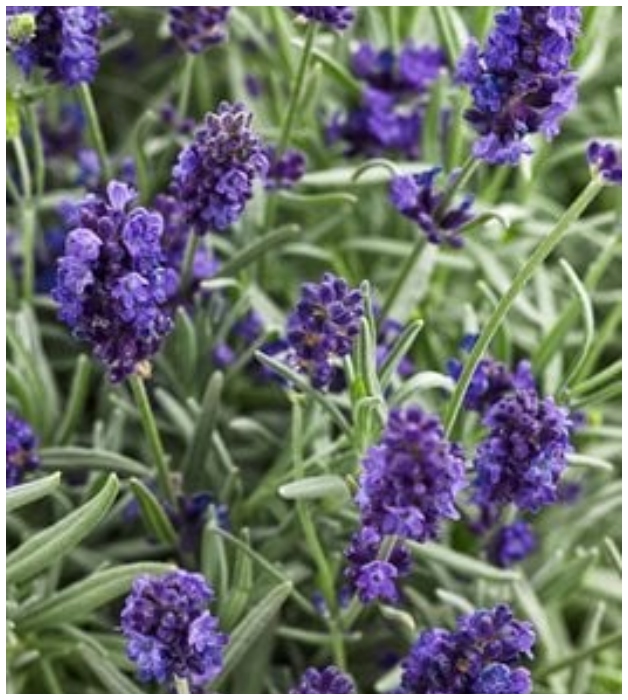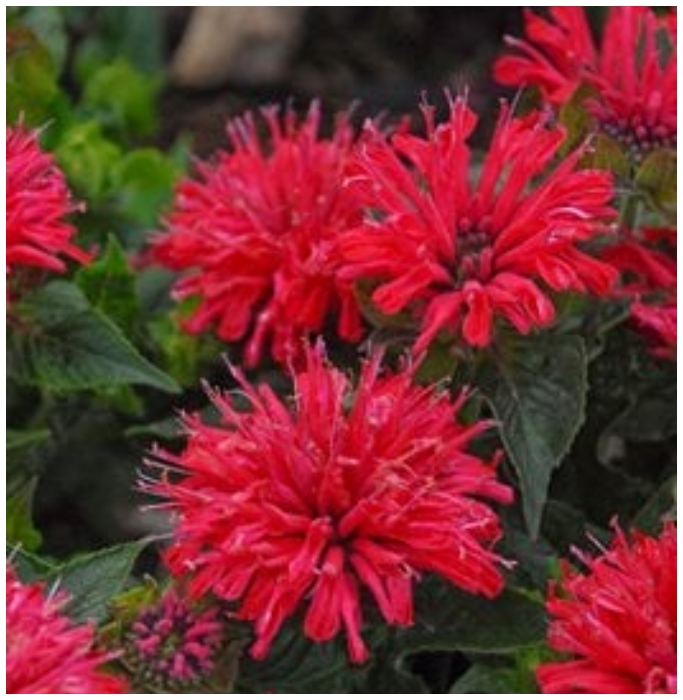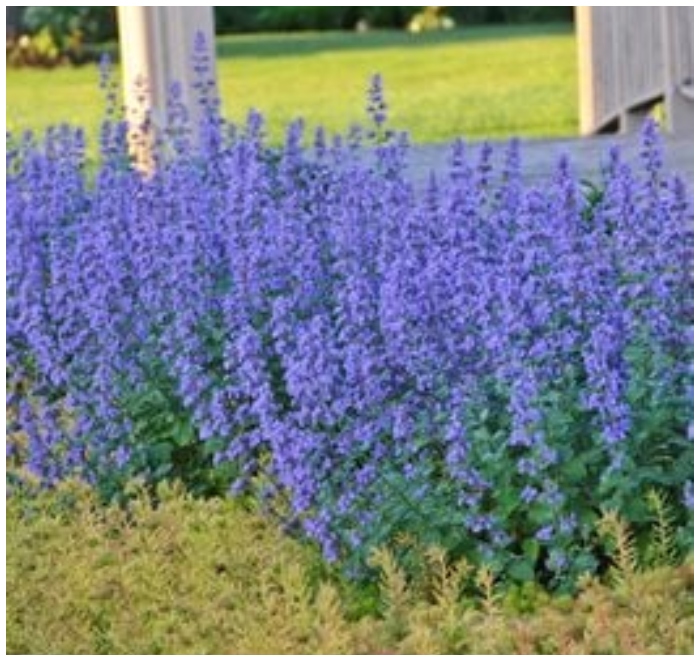As warmer weather sets in, the nuisance of mosquitoes can turn outdoor spaces into less enjoyable areas. However, incorporating certain plants into your garden can naturally deter these pests. This guide introduces 12 plants known for their mosquito-repelling properties, providing you with a natural way to enhance your garden’s beauty while keeping mosquitoes at bay.

Lavender: Nature’s Fragrant Barrier
The Power of Lavender’s Aroma
Lavender is not only cherished for its vibrant blooms and soothing fragrance but also for its natural repellent qualities. The essential oils found in lavender leaves emit a scent that can obstruct a mosquito’s sense of smell, making it an effective barrier against these pests. Lavender thrives in full sun and well-drained soil, and once established, it becomes drought-resistant, flourishing particularly well in warmer climates.
Growth Requirements and Care Tips
Plant Type: Perennial
Hardiness Zones: 5-11
Bloom Period: Summer to fall
Marigold: The Golden Guard
Marigold’s Protective Essence
The sharp scent of marigolds is known to repel mosquitoes. Easy to grow, these annuals can be placed in pots near patios or entrances to act as a natural insect barrier. Beyond their mosquito-repelling capabilities, marigolds are also effective against various garden pests, making them a favorite in vegetable gardens and flower borders.
Cultivation Details
Plant Type: Annual
Bloom Period: Late spring until frost
Citronella Grass: The Classic Repellent
Citronella’s Lemongrass Twin
Often associated with mosquito repellency, citronella grass shares its aroma with lemongrass, a common ingredient in natural insect repellents. This plant is most effective in its living form and should be grown in large planters in frost-free areas or directly in the ground in warmer zones.
Planting Tips
Plant Type: Typically grown as an annual
Hardiness Zones: 9-11

Catmint: More Than Just Cat’s Play
The Strong Defense of Catmint
Part of the mint family, catmint is recognized for its invasive growth and exceptional mosquito-repelling properties. Studies, including one from Iowa State University, have shown that catmint oil can be more effective than DEET. It requires minimal care and can spread extensively if not managed.
Growth and Maintenance
Plant Type: Perennial
Hardiness Zones: 3-8
Bloom Period: Early summer to fall
Rosemary: The Aromatic Herb
Rosemary’s Dual Purpose
This familiar herb not only enhances culinary dishes but also serves as a robust mosquito repellent. Rosemary’s strong woody scent is unappealing to mosquitoes as well as other pests, making it ideal for hot, dry climates and suitable for container growing.
Plant Characteristics
Plant Type: Perennial herb
Hardiness Zones: 7-10
Basil: The Versatile Herb
Basil’s Pungent Protection
All varieties of basil emit a strong smell that naturally wards off mosquitoes. This herb prefers damp soil, good drainage, and plenty of sun, and can be planted alongside other plants as long as they share similar growing conditions.
Essential Growing Information
Plant Type: Typically grown as an annual
Hardiness Zones: 10-11
Bloom Period: Summer to frost

Scented Geranium: Citronella’s Cousin
Leveraging Lemon-Scented Leaves
Favored especially for its lemon scent, similar to that of citronella grass, scented geraniums are another excellent choice for mosquito control. These plants thrive in warm, sunny, and dry conditions and can be cultivated in containers in colder climates with regular pruning.
Key Plant Details
Plant Type: Usually grown as an annual
Hardiness Zones: 10-11
Bloom Period: Spring to fall
Bee Balm: The Attractive Deterrent
Dual Benefits of Bee Balm
Bee balm is not only effective at repelling mosquitoes but also attracts beneficial insects like bees and butterflies. The plant’s leaves, when crushed, release fragrant oils that deter pests while its flowers add vibrant colors to the garden throughout the summer.
Growing Needs
Plant Type: Perennial
Hardiness Zones: 4-8
Bloom Period: Mid to late summer
Mint: The Refreshing Repellent
Mint’s Strong Aroma
Known for its intense fragrance, mint is another excellent choice for repelling mosquitoes. It is best grown in containers to prevent it from overtaking other plants and is handy to have around for adding a fresh twist to drinks or as a natural indoor pest deterrent when dried.
Plant Basics
Plant Type: Perennial herb
Hardiness Zones: 3-8
Additional Plants and Tips for Mosquito Control
In addition to these plants, maintaining proper water drainage in your garden is crucial to prevent mosquitoes from breeding. Utilizing mosquito rings in standing water and incorporating other natural repellents like citronella candles can further enhance your garden’s defense against mosquitoes.
By integrating these plants into your garden, you not only add beauty and variety but also forge a natural and effective barrier against mosquitoes, making your outdoor space a more pleasant and healthful place to relax and entertain.